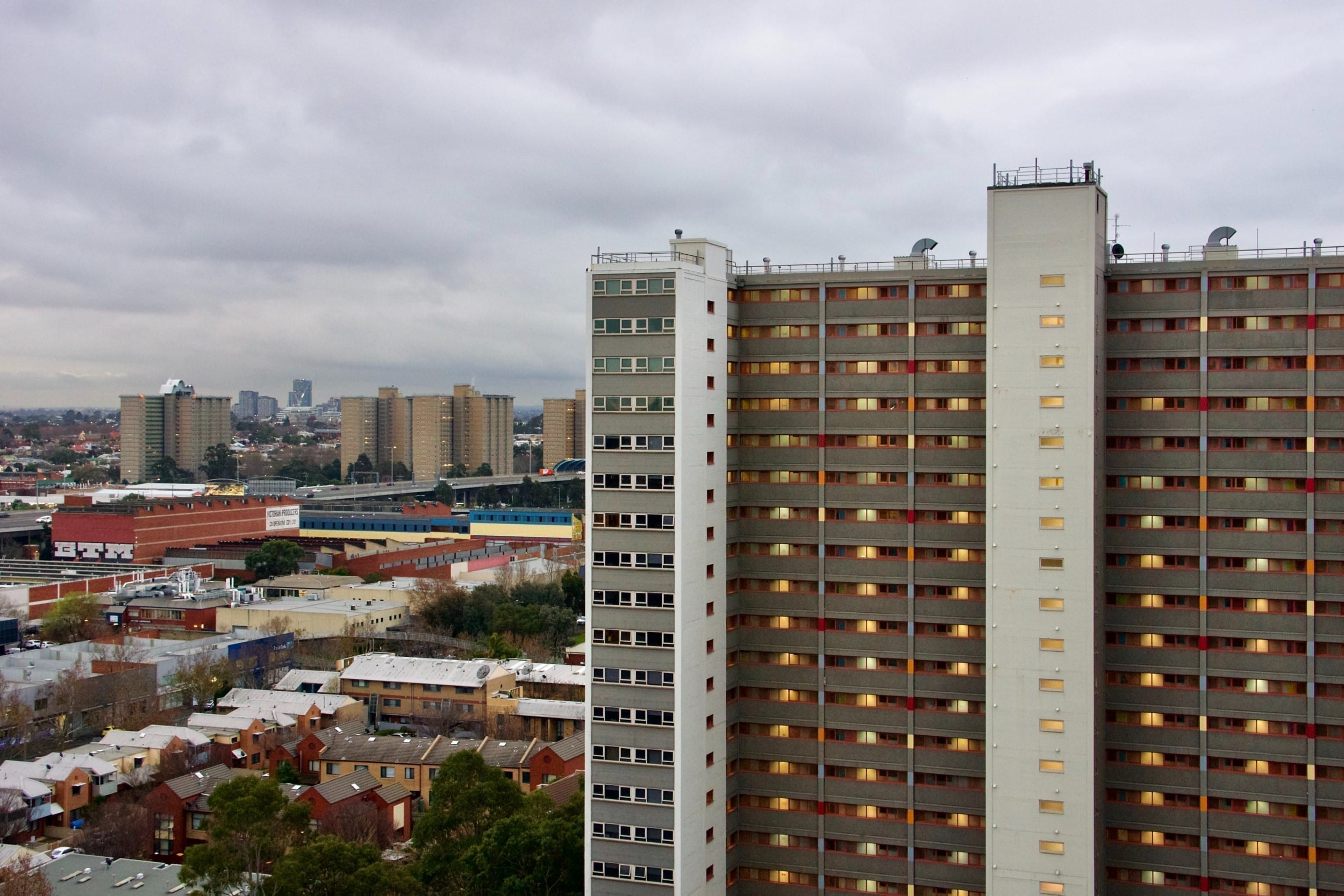For many people with a felony conviction, getting out of prison highlights a harsh reality. Time behind bars is hard, but the real world can be just as hard if you have a felony conviction. That’s because individuals with a felony charge can’t use many programs that help people get back on their feet. Of course, you do still have some resources. It’s important to know which benefits programs there are for justice-impacted people and how they can help you.
Are people with a felony conviction able to get SNAP or SSI benefits?
Each state has its own rules about who can use the Supplemental Nutrition Assistance Program (SNAP). The good news is that most states will grant SNAP to people with a felony conviction. Most of the time, the guidelines only focus on income. If you work but live below the poverty line, you can probably get SNAP benefits. You may also get SNAP if you show proof that you cannot work. Though this is true in most states, a few have a lifetime ban on SNAP for those who have been convicted of a felony.

Because it is a federal program, the rules for SSI benefits are true in all states. That means that it doesn’t matter where you live. People with a felony conviction can get SSI if they have paid into Social Security or have survivor benefits. You can also get SSI if you show that you are over 65 years old, blind or disabled. If you have questions about SSI, you can contact your local Social Security office for help.
Can people with a felony conviction use benefit programs like Section 8 housing?
Sort of. The rules for Section 8 housing do not exclude all people with a felony conviction. But it can still be hard to get approved if you have a felony.
Rules are different in each city and state. You will need to look at the rules for housing where you live. Some cities require that your felony charge occurred more than five years ago. Other cities require that your felony conviction must have occurred over ten years ago.

When a city denies an individual with a felony conviction public housing, they say it is to help protect other tenants. The truth is that sometimes the practice discriminates against people with a felony conviction, in accordance with the U.S. Department of Housing and Urban Development, who determined that landlords could not discriminate against someone with a criminal record without good reason. Doing so would violate the Fair Housing Act and is considered illegal discrimination. If you feel that you are being discriminated against and cannot obtain housing, looking to your local reentry groups may help you find the resources you need to obtain housing.
What grant programs are there for people with felony convictions?
People with felony convictions can get grants for school or to start a business. Congress even restored access to Pell Grants for people in jail. To find grants that you can apply for, you can use online tools. Most large grants come from the government. They list all their grants and the rules for who can apply on one website to make it easy to find what you need.
You can also use websites like KickStarter and GoFundMe to raise money yourself. Crowdfunding can be very helpful if you want to start your own business. That’s how one formerly incarcerated person started selling hats to cover her bills.
The Takeaway:
In most cases, benefit programs for people with felony convictions are out there. They can be hard to find and hard to qualify for, but you should still try. These programs can help you get housing, education and even money to start a business.






